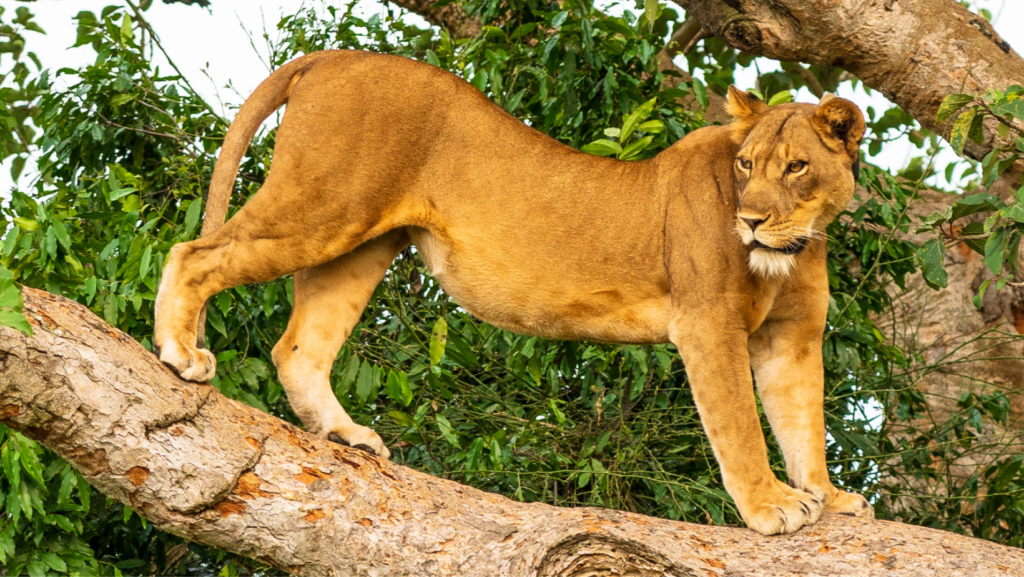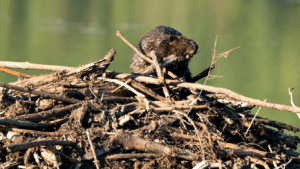Six of Uganda’s rare tree-climbing lions have been found dead and dismembered in the famous Queen Elizabeth National Park, in a suspected poisoning incident.
The shocking scene revealed the lions with their heads and paws hacked off, and their bodies surrounded by dead vultures, unintended victims of the suspected crime.
With a recent spike in poaching in the country, wildlife authorities suspect this killing is yet another result of illegal wildlife trafficking plaguing the region.
In a statement, the Ugandan Wildlife Authority (UWA) said it was deeply "saddened" by the killings as it is not just a blow to the parks’ lion populations, but these particular tree-climbing lions are found only in that area.
Wildlife tourism contributes to 10% of Uganda’s GDP (Gross domestic product) and plays a vital role in the conservation of its wild animals.
This killing is one of many recorded incidents of lion poisoning. In April 2018, 11 lions - including eight cubs - were found dead after a suspected poisoning. A similar incident led to the deaths of five lions in May 2010.
In addition to the wildlife trade, human-wildlife conflict is also adding pressure to wildlife populations. Many communities living on the outskirts of the protected area use the reserve to graze their livestock and plant crops, despite it being illegal. When wildlife impacts their livelihoods, they often take matters into their own hands by killing the animals in retaliation.
Wildlife authorities say they are doing their best to work with local communities so that they also get benefits from wildlife tourism and are inspired to protect the animals. 20% of all gate earnings are given to surrounding communities.
“We strongly condemn this horrific act,” says Adrienne West of Animal Survival International. “The illegal wildlife trade is driving Africa’s wildlife to the brink of extinction. The international community needs to come together to put an end to the destruction.”





